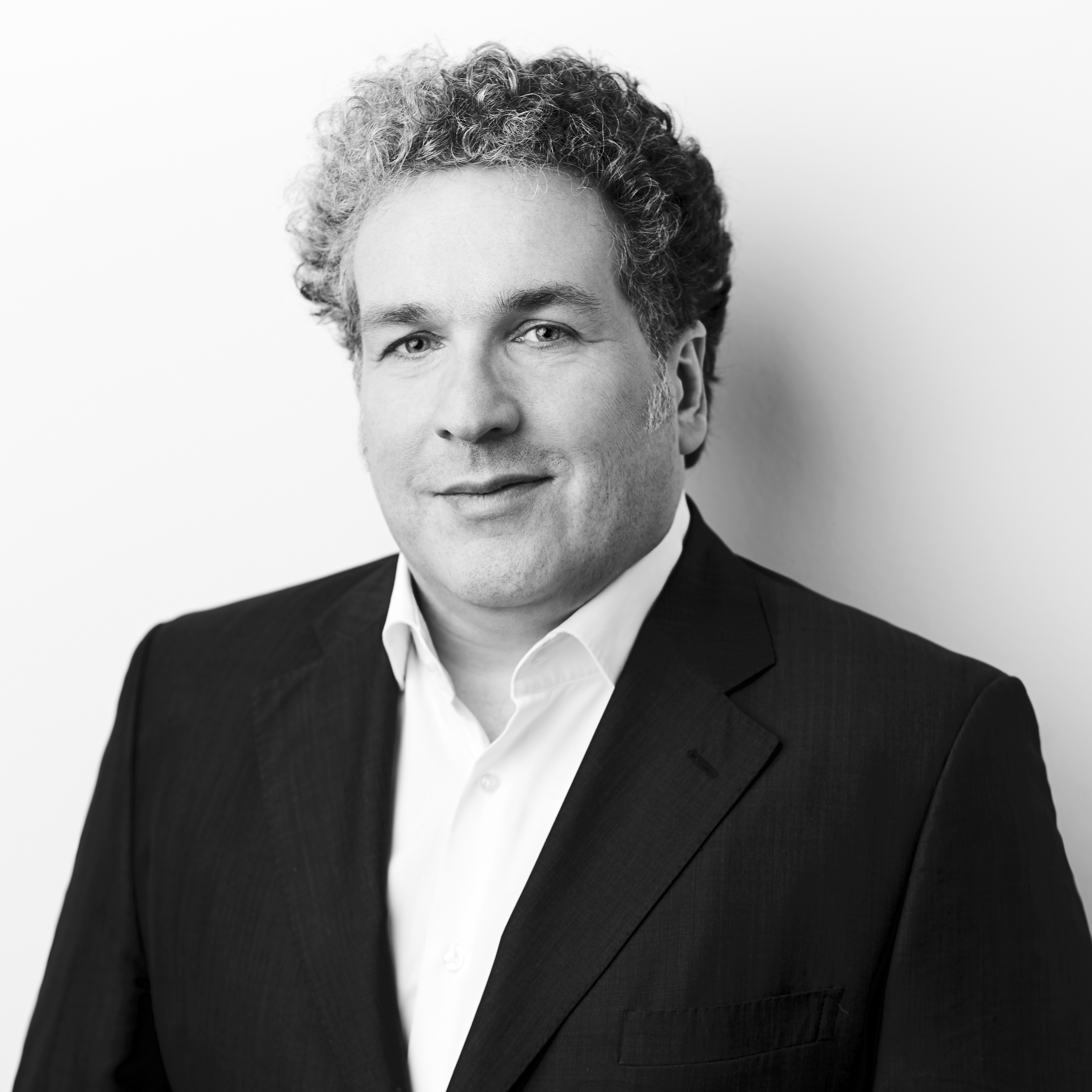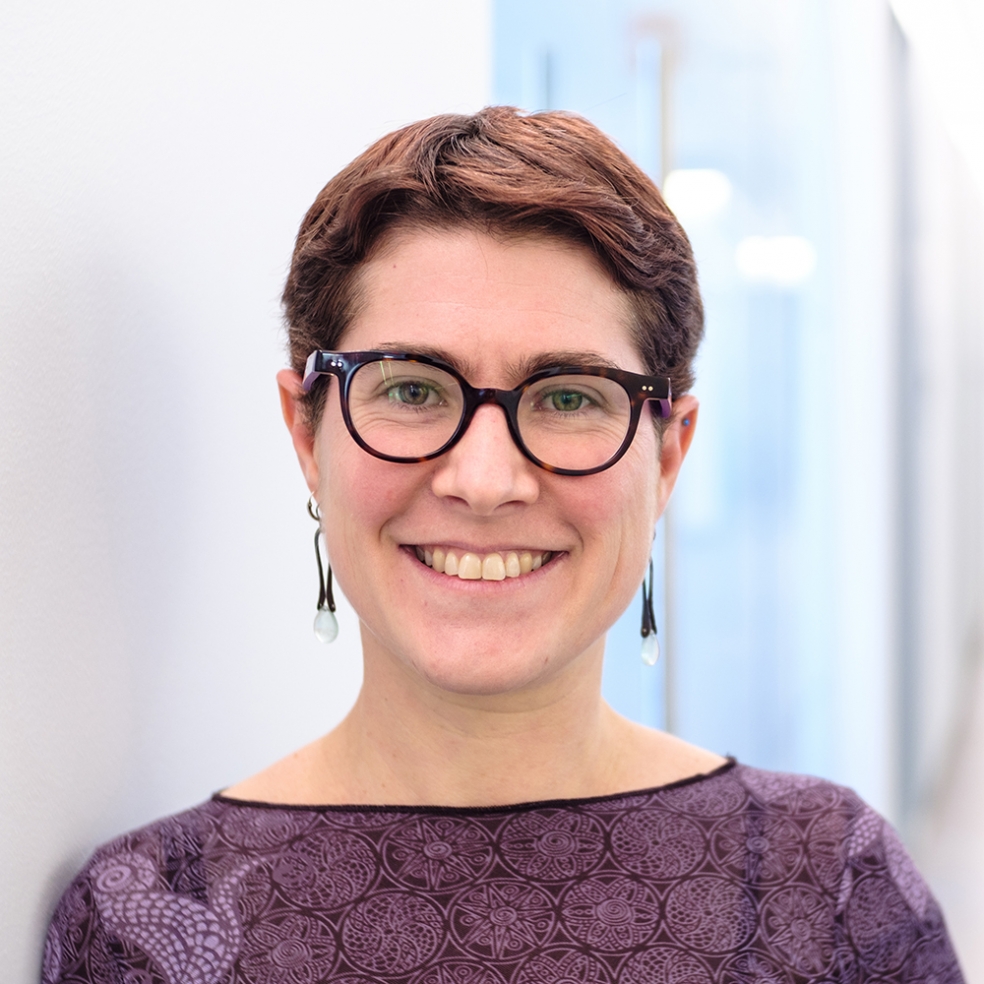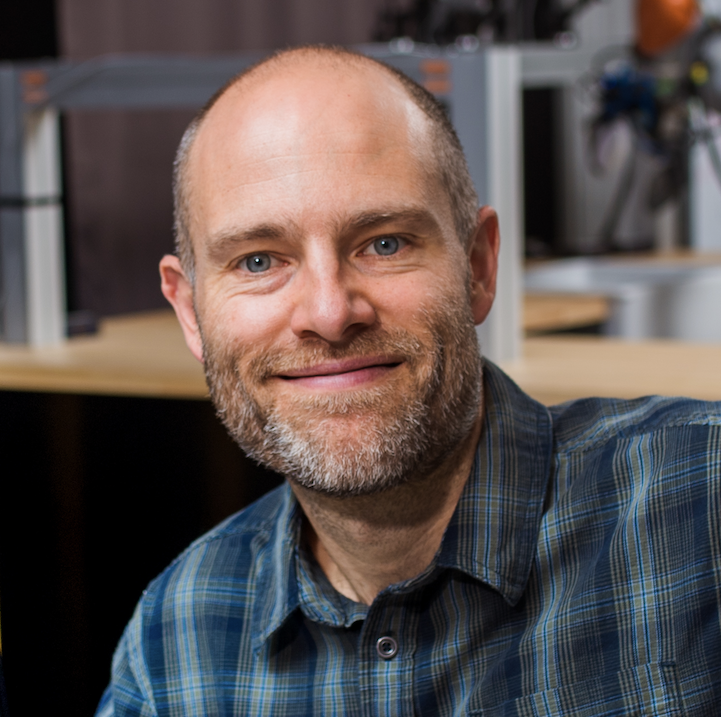Venue
The D.C.-Maryland-Virginia (DMV) metropolitan area is without question one of the must-see visitor destinations in the United States. The University of Maryland -- only nine miles from the U.S. Capitol in D.C. -- is centrally located to all the region has to offer. The town of College Park has interesting historical sights, restaurants, businesses, and recreation areas. It is home to a wide variety of businesses from major retail outlets to locally owned unique businesses, recreation options, swimming pools, bowling alley, tennis complex, golf courses, nature trails, lake Artemisia, and a Smithsonian-affiliated aviation museum with the oldest continuously operated airport where the Wright brothers established their first commercial flight training operations. College Park also has many options for enjoying the arts with the UMD Clarice Smith Performing Arts Center with a variety of world-class performances on campus.
Washington, D.C., with its many monuments, museums, famous federal buildings, cultural attractions and world-class dining, is nearly inexhaustible. Everything is easily accessible from the University of Maryland’s Green Line station on the regional Metro subway system. Possibilities include the Lincoln Memorial, Jefferson Memorial, Vietnam Veterans Memorial, the Washington Monument, the White House, the U.S. Capitol, the Supreme Court and more. Here too are the many free museums associated with the Smithsonian Institution, including the National Gallery of Art, the Air and Space Museum, the National Museum of African American History and Culture, the National Museum of the American Indian, the National Zoo and its pandas.
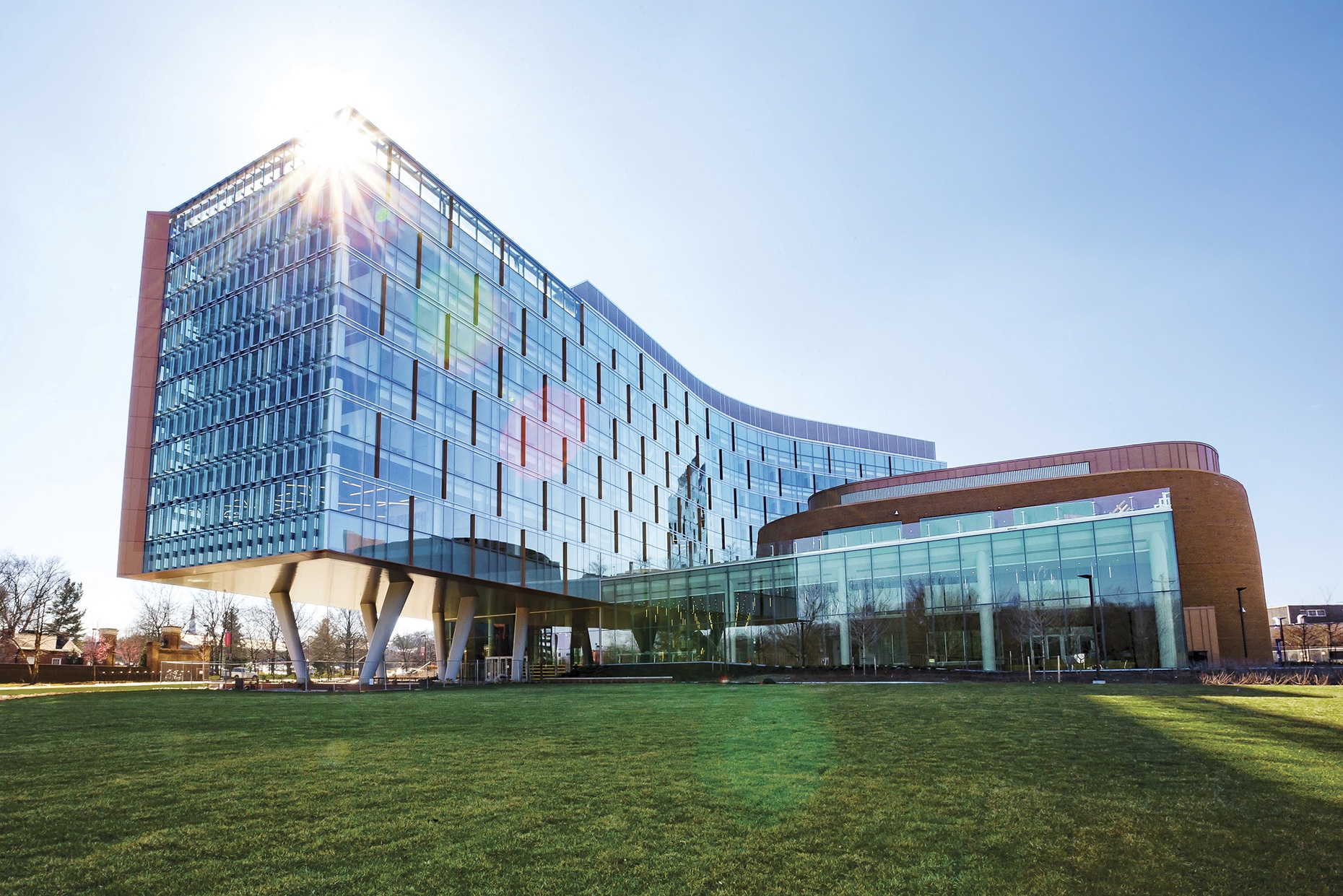
Brendan Iribe Center for Computer Science and Engineering
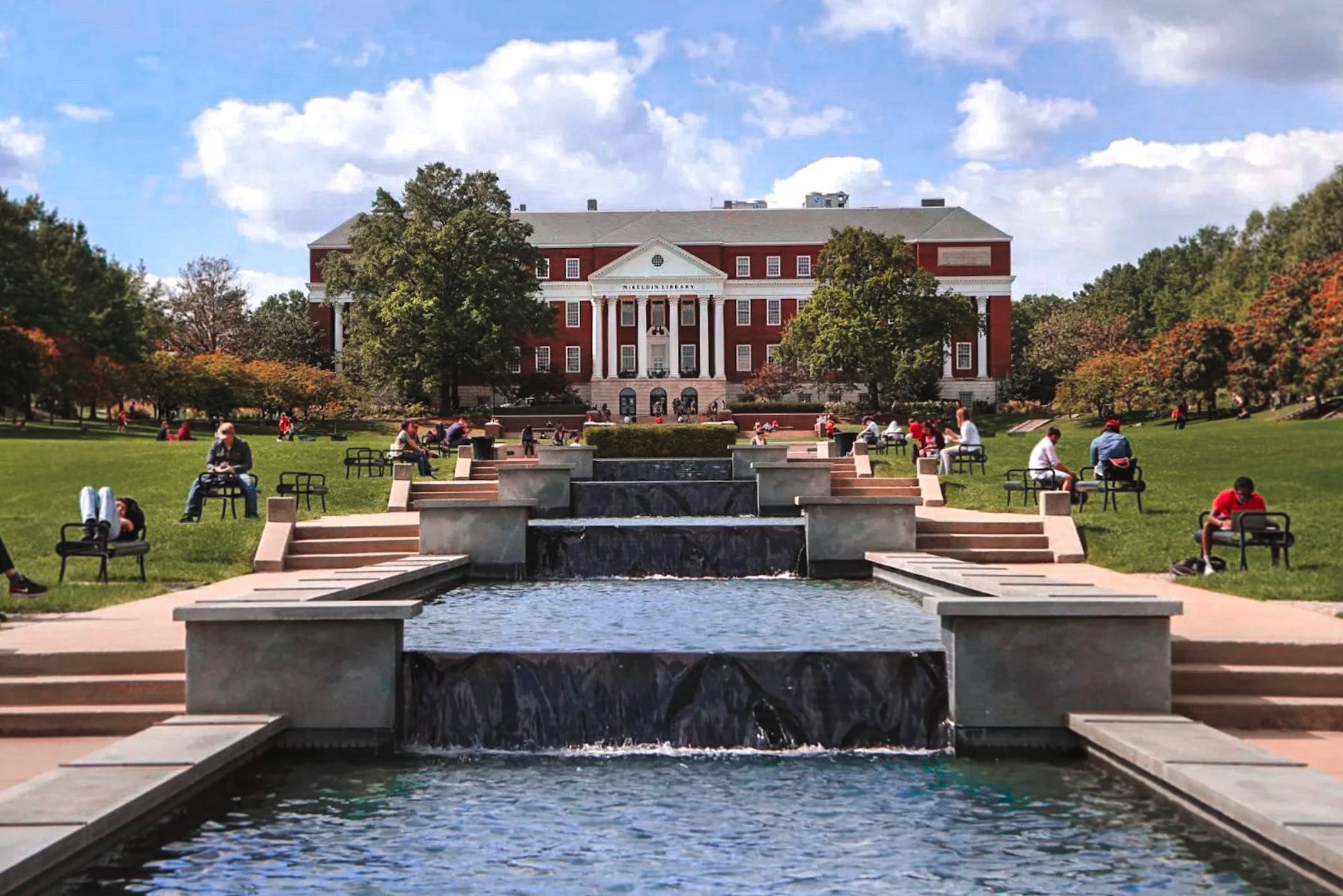
McKeldin Mall on campus
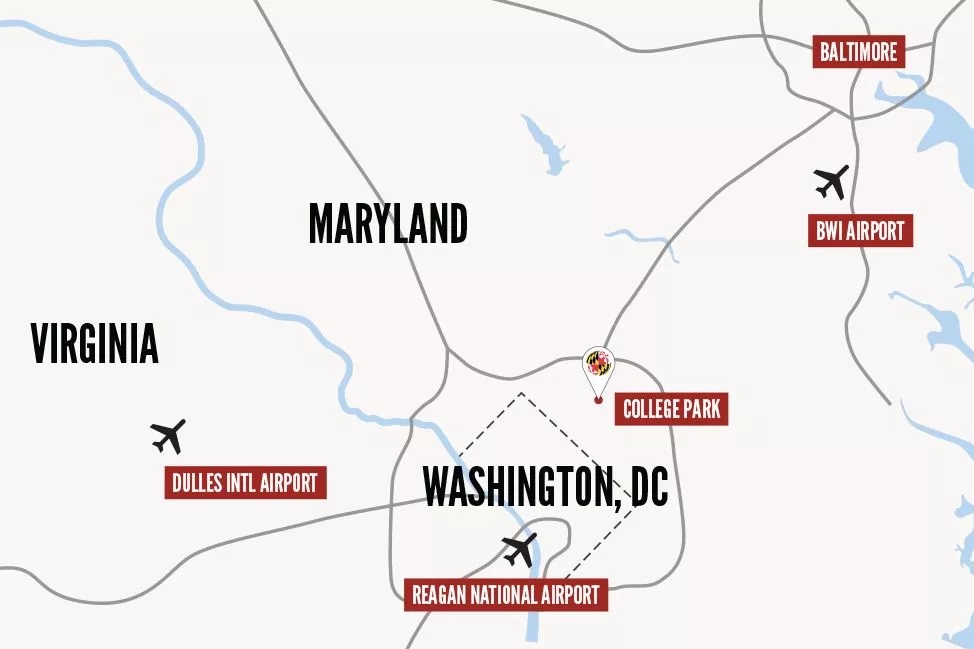
DMV metropolitan area
